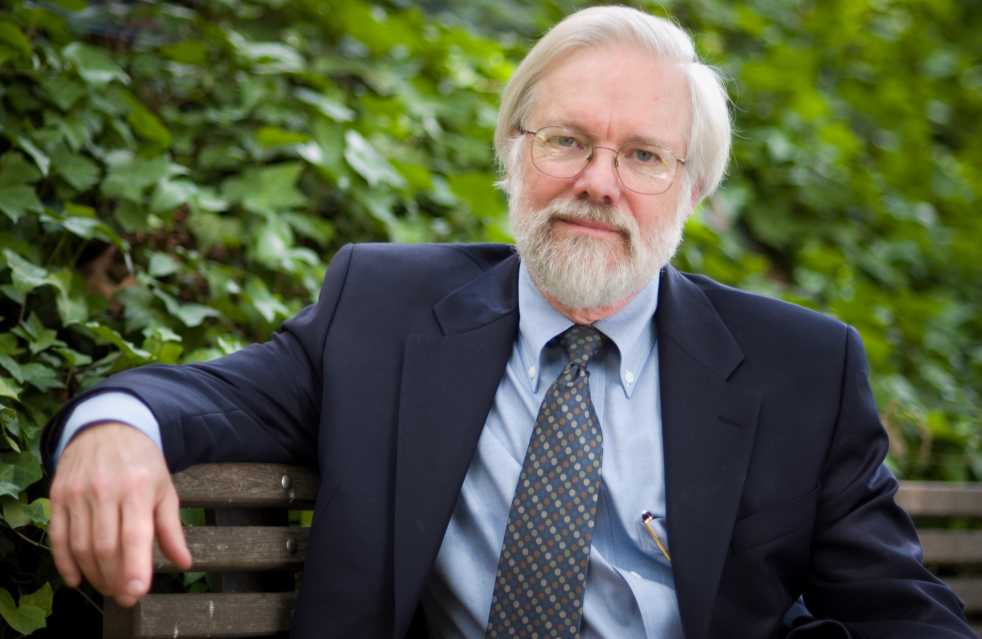Earlier this week and last week, the finalists for the College of Sciences Dean position arrived at Tech and gave individual presentations to the Tech population.
Of the three finalists, only Dr. Paul Goldbart is from Tech, where he is both a Professor and Chair in the School of Physics.
“Having been at Georgia Tech for a couple of years, I am both an insider and an outsider, so I believe I have a strength that I can still view Tech as an outsider and thus am well positioned to affect change where I see it needed,” Goldbart said. “On the other hand, as an insider, I would hit the ground running. As a school chair, one has the wonderful opportunity to meet a wide sector of the Georgia Tech community… and to build up personal relationships, which [are] one of the most important mechanisms by which progress is accomplished.”
All three candidates discussed the importance of research funding, community outreach.
Another finalist, Dr. Wolfgang Bauer, is the Chairman for Michigan State University’s Department of Physics and Astronomy. Bauer’s goals include making Tech among the most highly respected, technologically focused institutions in the world, enhancing excellence in research and expanding Tech’s global footprint.
“An idea that struck a resonance with me was the idea of [international organizations] asking ‘What does Georgia Tech think?’ It may sound a little pretentious, but if you want to be a world class player, you have to be a little pretentious,” Bauer said, during his town hall presentation earlier last week.
The third finalist is Dr. Carol Fierke, Professor and Chair of the Chemistry department at the University of Michigan. Fierke’s goals include enhancing the scholarships and visibility of the College of Science, increasing diversity in both the faculty and students and oversupporting Tech’s public mission.
“If we are going to enhance scholarship, the long term goal is to see the College of Science having a national reputation…that is comparable or perhaps surpasses that of the College of Engineering. It’s a high goal but one needs to set high goals,” said Dr. Fierke in her presentation on March 5.
All three candidates discussed the importance of research funding, community outreach, STEM programs, industrial partnerships and increasing interdisciplinary research.
The search for the new Dean was conducted by an executive search firm, R. William Funk and Associates, in partnership with the Office of the Provost.
“During the early meetings, the [search committee] discussed the profile of the ideal leader for the College of Sciences at this point in its history. Scholarly achievement, demonstrated success in academic leadership, people skills and uncompromising commitment to excellence were among those qualities discussed,” said Jennifer Herazy, Assistant Provost for Administration.
The Retiring Dean
Dean Paul Houston, the current College of Sciences dean, announced his resignation at the beginning of last semester.
“The College of Sciences is in the upswing and I am glad to have enabled that trajectory, even through hard economic times. I see great progress in the College and wish the best for the new Dean,” Houston said.
Houston is resigning for personal reasons.
“I’ve been in the job for six years. I am not stepping down because I hate the job; it’s a great job and I love doing it. I recommend it to anyone qualified. It’s been incredibly rewarding,” Houston said.
Under Dean Houston, the College of Sciences has hired over 60 new faculty members. Also, the College of Sciences increased its money spent on research from $40 million in 2008 to over $62 million in 2012. The number of awards for research in the College of Sciences increased from 309 awarded in 2008 to 404 in 2012.
“My mandate and priority was to bring the research level of the College of Sciences up to that of the College of Engineering. I think there was a general perception at Tech that the College of Engineering would not be able to achieve its goals until the College of Sciences was at that same level,” Houston said.
